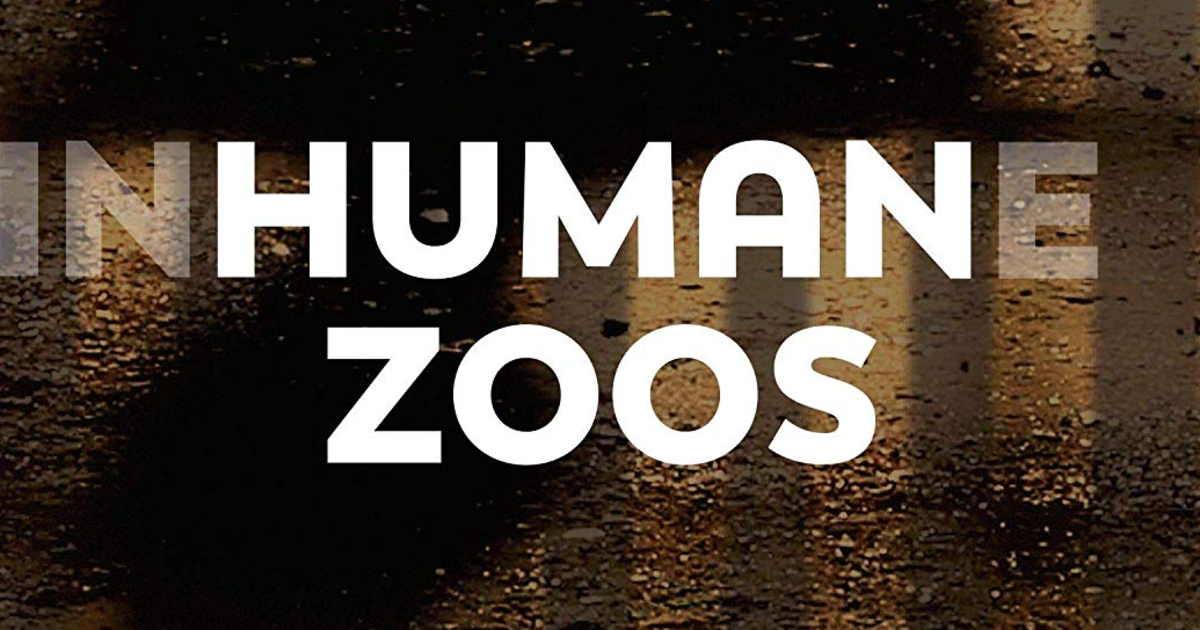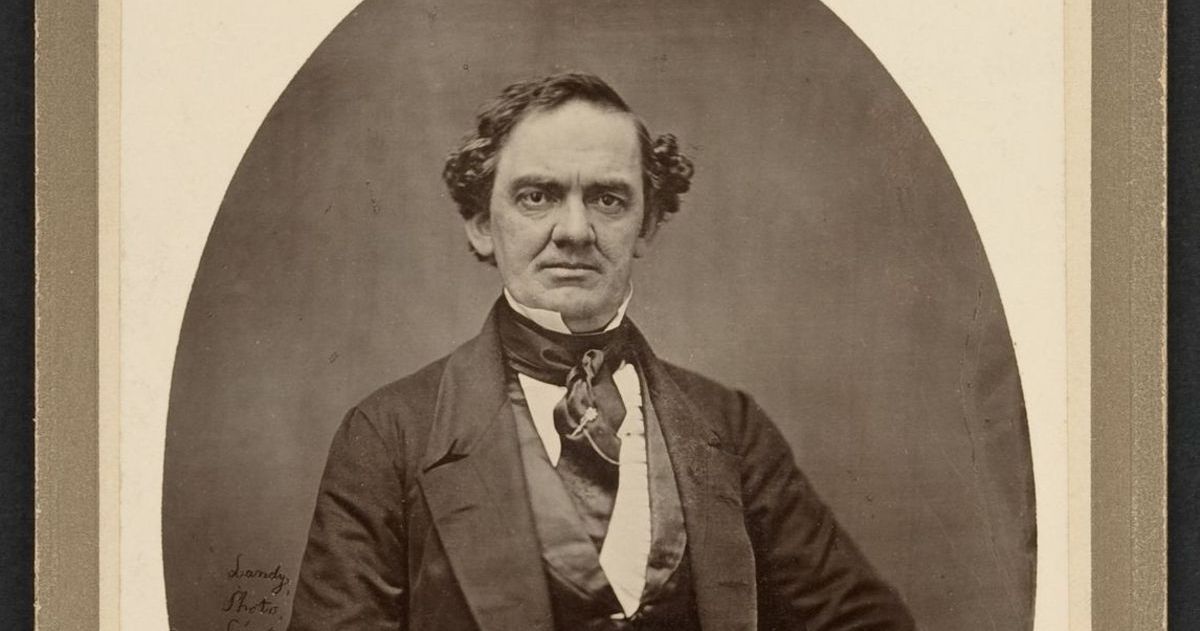
When the American Museum of Natural History Promoted Eugenics
This episode of ID the Future could have been titled Nightmare at the Museum. In this episode, Discovery Institute’s John West introduces listeners to a shocking chapter of American history, drawing from his new documentary, Human Zoos: America’s Forgotten History of Scientific Racism. Learn of a time when this cherished American museum promoted Darwinian-inspired efforts to breed a master race. To learn more visit the film website, HumanZoos.org.
Read More ›






